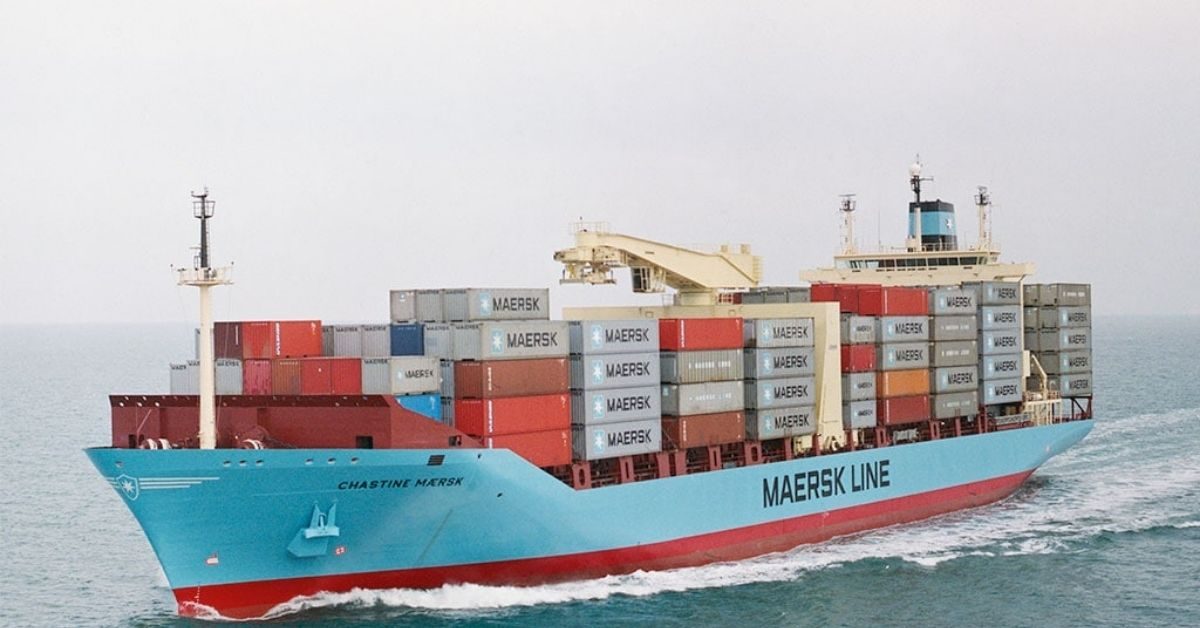Søren Skou, CEO of AP Moller – Maersk, has proposed a carbon tax on ship fuel of at least US$450 per tonne of fuel, which translates to around US$150 per tonne of CO2.
The boss of the Danish giant described it as “a levy to bridge the gap between the fossil fuels consumed by vessels today and greener alternatives that are currently more expensive,” in his LinkedIn post on 2 June.
Two days later, Soren Toft, CEO of the second-largest container line in the world and 2M Alliance Maersk’s partner, Mediterranean Shipping Company (MSC) has backed carbon taxes, saying “measures, incorporating carbon pricing, could help the industry to decarbonise by reducing the price gap between fossil fuels and zero-carbon fuels as they become available.”
MSC has joined other carriers to back a potential worldwide market-based measure that would include carbon pricing and to support a global Research and Development (R&D) decarbonisation fund.
On top of the company’s own substantial efforts to boost fleet energy efficiency and trial a range of new fuels and technologies, specific global initiatives are required to help the shipping industry decarbonise, according to MSC CEO Soren Toft.
The only commercially available options to significantly reduce emissions from the shipping industry at scale are: improving energy efficiency, LNG and biofuels, according to MSC, which believes that these are crucial elements to consider as part of the energy transition, but these options alone will not provide a long-term or full solution.
Logistical and technical issues must be solved before new fuels can be scaled up for the shipping industry, according to the Geneva-based shipping carrier.
MSC believes that the industry urgently needs a range of alternative fuels at scale. “The main challenges now are to determine the right combination of new fuels and technologies and to implement viable industry-wide proposals to invest in R&D to achieve those goals, and, ultimately, the zero-carbon future,” explained the company in its announcement.
MSC, therefore, joined an industry call to action with UN IMO member states to support the proposal for an R&D fund that would help catalyse new technologies and zero-carbon fuels to decarbonise the industry, in an open letter by CEOs of 17 members of the World Shipping Council on 3 June.
The International Maritime Research and Development Board (IMRB) will be a US$5 billion programme and governed by the IMO, to coordinate and to raise money for R&D to lower emissions.
“Only with options at scale for commercially-viable low or zero-carbon vessels can carbon pricing be a truly effective tool to catalyse the shift towards a zero-carbon future for international shipping,” concluded MSC.
Source : Container News






